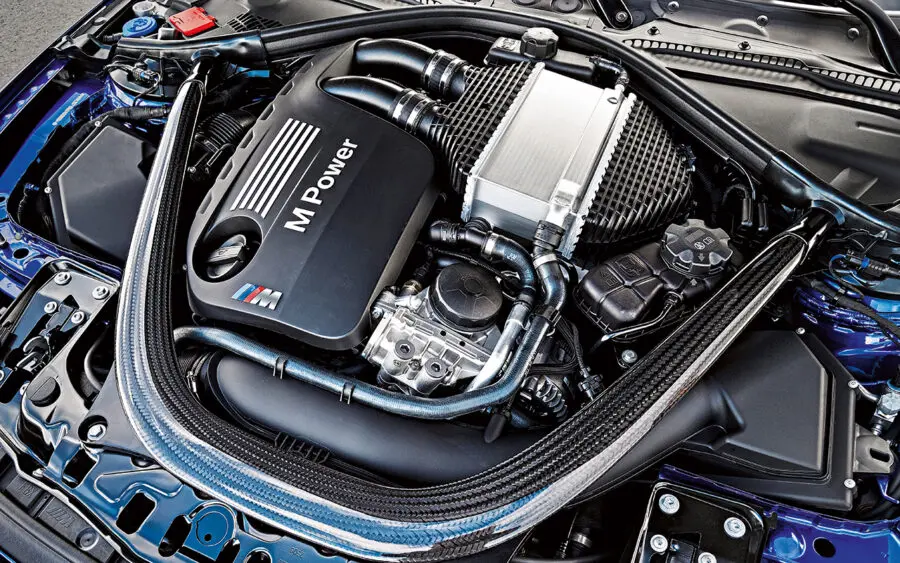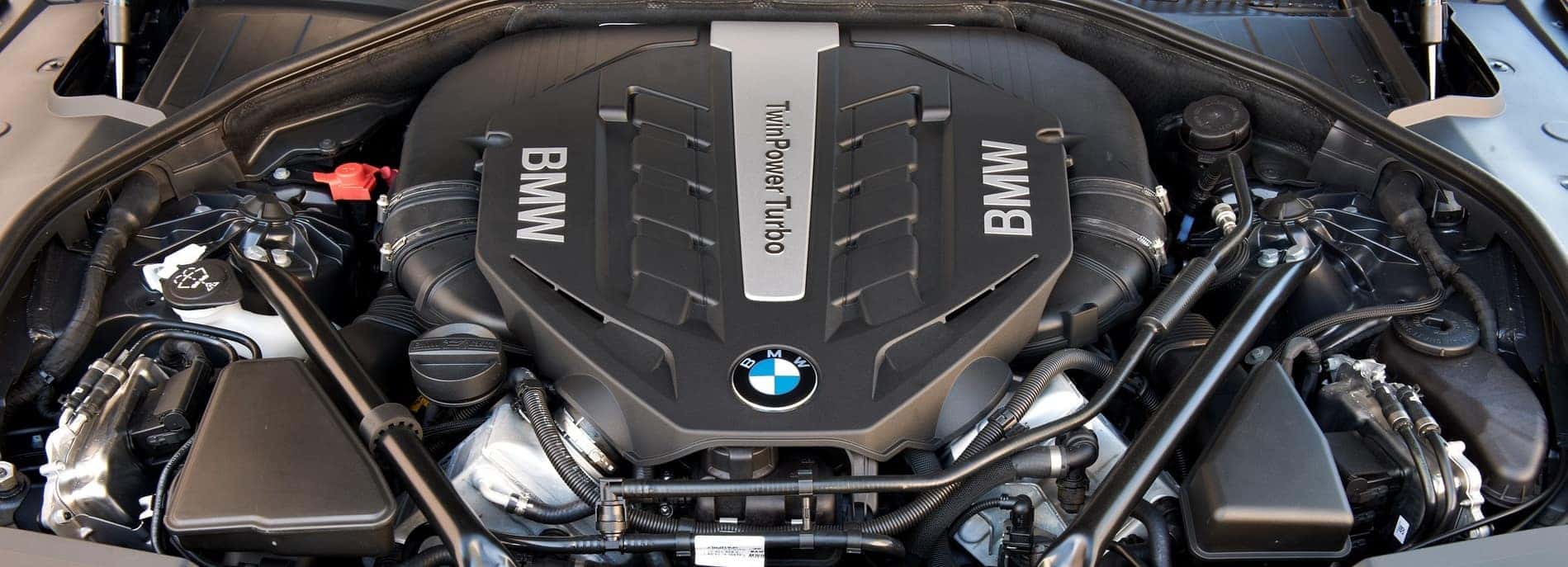Revealing the Intricacies of Next-Generation Power Units: a Deep Study Advanced Engine Advancements and designs
In the world of vehicle engineering, the relentless pursuit of performance, efficiency, and sustainability has propelled the advancement of power devices to unmatched heights. As we base on the precipice of a new period in transport, the ins and outs of next-generation engine styles beckon us to explore the cutting-edge technologies and technologies that guarantee to redefine the driving experience. From sophisticated materials that press the borders of longevity and weight decrease to advanced turbocharging and supercharging systems that elevate power result to new levels, each part of these power systems holds a crucial to unlocking the future of automotive engineering. Diving deeper into the realms of discharge control, smart engine management systems, and the horizon of power system development, we discover ourselves on the cusp of an improvement that assures to improve the landscape of wheelchair as we understand it.
Advancement of Engine Products

The change in the direction of advanced engine materials has actually also allowed designers to make engines with higher power outcomes while preserving gas efficiency requirements. The usage of lightweight materials minimizes the overall weight of the engine, leading to enhanced gas economy and reduced exhausts. In addition, improvements in products modern technology have enabled much better thermal administration within engines, resulting in raised integrity and long life.
Turbocharging and Supercharging Technologies
Just How do Turbocharging and Supercharging Technologies transform engine efficiency and performance in modern lorries? Turbocharging and turbo charging are modern technologies that dramatically improve engine efficiency by increasing the quantity of air consumption into the burning chamber. Turbocharging achieves this by making use of a wind turbine driven by exhaust gases to pressurize the intake air, while turbo charging uses a belt- or chain-driven compressor to attain the same result.
These innovations make it possible for smaller, more fuel-efficient engines to create power equivalent to bigger ones, understood as downsizing. By forcing even more air into the cylinders, turbocharging and supercharging boost combustion performance, resulting in boosted horsepower and torque outcome without a significant boost in engine dimension. This results in better velocity, lugging ability, and total driving efficiency.
Additionally, turbocharging and supercharging add to improved fuel efficiency by enabling the usage of smaller sized engines that consume less gas under regular driving conditions - bmw engine. This combination of improved efficiency and efficiency has made turbocharging and turbo charging integral elements of lots of modern-day engine designs
Emission Control and Environmental Effect
With boosting international concerns concerning air high quality and ecological sustainability, the execution of exhaust control technologies in vehicles plays a vital duty in reducing hazardous contaminants released into the environment. Modern cars are furnished with advanced discharge control systems that assist lessen the ecological effect of vehicle procedures. Catalytic converters, for example, are created to convert harmful gases such as carbon monoxide, nitrogen oxides, and hydrocarbons into less harmful substances like co2 and water vapor.
In addition, advancements in engine technology, such as the integration of exhaust gas recirculation systems and discerning catalytic decrease, have actually significantly contributed to decreasing emissions. These modern technologies function in tandem to enhance burning effectiveness and reduce the release of harmful toxins right into the air. Furthermore, the development of crossbreed and electrical automobiles represents an essential step in the direction of decreasing the overall ecological impact of the transport industry.
Intelligent Engine Management Equipment

In addition, these systems allow vehicles to satisfy stringent discharges standards without jeopardizing performance, supplying a more ecologically friendly driving experience. The combination of artificial knowledge and artificial intelligence capabilities in engine administration systems remains to push the borders of what is possible, causing more improvements in effectiveness, integrity, and overall automobile efficiency. bmw engine. As automobile innovation advances, intelligent engine administration systems will certainly play an important duty in shaping the future of transportation towards an extra lasting and efficient instructions
Future Trends in Power Device Development
As smart engine monitoring systems lead the means for boosted control and optimization in contemporary automobiles, future patterns in power unit development are positioned to redefine the landscape of automobile propulsion innovations. These alternative power check my reference sources supply boosted performance and performance while aligning with stringent ecological laws.
One more considerable trend is the assimilation of innovative materials and manufacturing strategies. Light-weight materials such as carbon fiber and aluminum are being made use of to decrease overall lorry weight, improving fuel performance and efficiency. Additionally, advancements in 3D printing and additive production are allowing the production of intricate engine elements with greater accuracy and sturdiness.
Furthermore, fabricated intelligence and artificial intelligence are playing a vital role in maximizing power unit efficiency. These technologies enable my explanation real-time monitoring and flexible control, resulting in extra effective and reliable power shipment. Overall, future patterns in power device development are tailored towards performance, sustainability, and effectiveness, driving the automobile sector towards a new period of propulsion technologies.

Verdict
To conclude, the advancements in engine products, turbocharging, exhaust control, and intelligent management systems have led the way for next-generation power devices. These advancements have not only better performance and efficiency but likewise minimized environmental impact. As modern technology remains to progress, future trends in power unit advancement are most likely to concentrate on additional improving sustainability and enhancing power result. The intricate styles and technologies in modern engines showcase the continuous advancement of automotive innovation.
Discovering the dynamic innovations in engine products has actually been pivotal in enhancing the performance and efficiency of modern engines. Over the years, the evolution of engine materials has played an essential function in pushing the boundaries of what engines can achieve.The shift towards advanced engine products has actually additionally made it possible for designers to make engines with greater power results while preserving fuel effectiveness standards.The implementation of intelligent engine management systems in modern-day lorries has actually reinvented the method engines are managed and optimized for efficiency and performance. By gathering data in real-time More Info and evaluating it with sophisticated formulas, smart engine administration systems can adapt to driving designs, ecological elements, and engine health to optimize power outcome while minimizing gas usage and emissions.